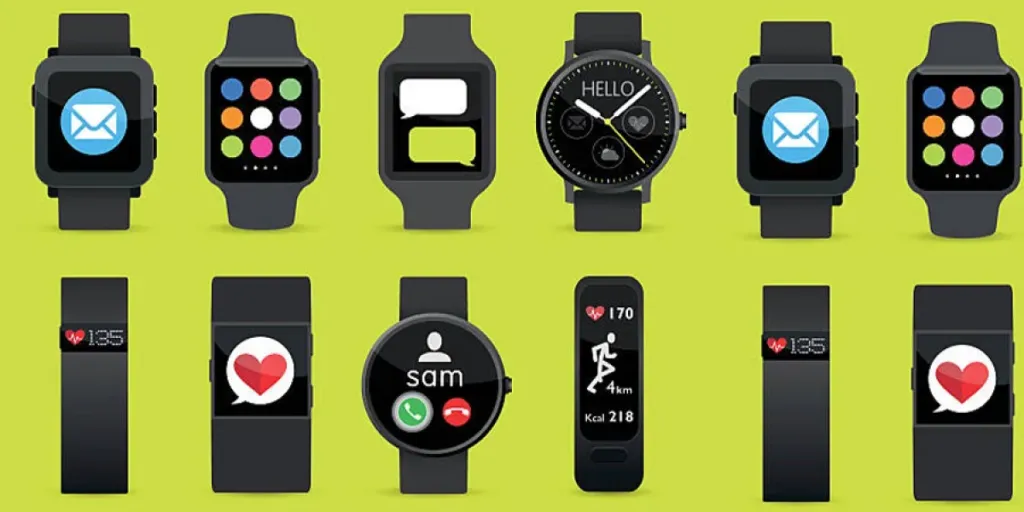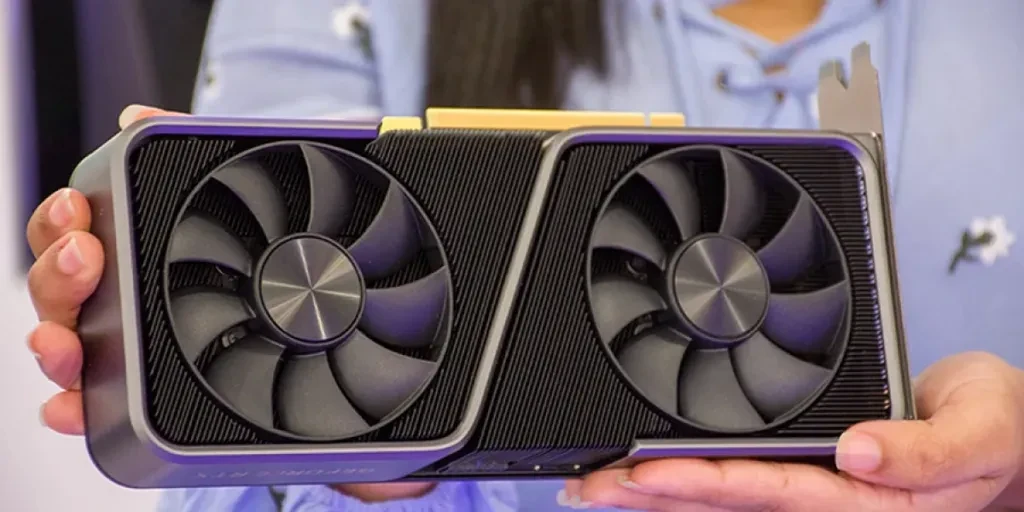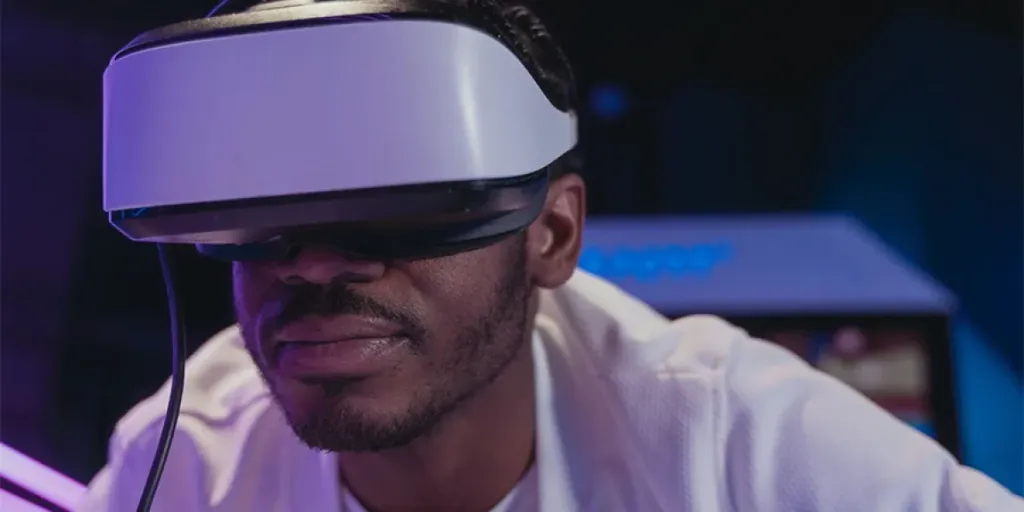On November 27, 2024, Redmi, sporting a new logo, launched its latest flagship series, the Redmi K80. The series includes three models: the K80, K80 Pro, and the K80 Pro Champion Edition in collaboration with Lamborghini.

The updated K80 Pro features Qualcomm’s latest flagship chip and top-tier battery fast-charging technology. It boasts a new design with enhanced durability, making it a straightforward high-performance flagship.
Performance Remains Strong
When discussing the K series, performance is the starting point.

The K80 Pro is equipped with Qualcomm’s latest Snapdragon 8 Ultimate mobile platform, featuring a D1 independent display chip. It upgrades from the previous Snapdragon 8 Gen2 to the 8 Gen3.

In normal temperature conditions, the Redmi K80 Pro scores 2,806,847 on AnTuTu in performance mode, reaching up to 2,981,860 under temperature control, which is standard for the Snapdragon 8 Ultimate.
The K80 Pro supports the Fury Engine 4.0, along with its D1 independent display chip, offering features like “Super HDR,” “AI Anti-Aliasing,” and “AI Image Quality Control.” It also includes “GPU Frame Rate Adjustment Technology” for balancing power consumption and image quality with its rendering acceleration engine.
At the launch event, officials stated that these integrated features allow the phone to run games like “Peace Elite” and “Genshin Impact” at 2K 120fps for an hour with stable frame rates.

Options for enhancing image quality and frame rates are integrated into the game assistant. After enabling performance mode in the game assistant, you can adjust settings within the built-in options. Once enhanced, you can see clearer character details and sharper edges in games like Genshin Impact, with an overall more transparent display.
The system also offers other image setting modes that can be switched according to different needs, similar to monitor presets for various scenarios.

The updated game assistant interface is richer, with more compactly arranged mode switches and settings, providing more information on the page.
However, due to the close arrangement, quickly accessing functions like screenshots within the game assistant requires familiarity with the button layout, which can be challenging during intense gameplay. Customizing the page display or making primary functions more prominent would enhance usability.

The phone’s gaming control feels good, with smooth operation in “Zenless Zone Zero,” and seamless character switching. With the game assistant’s Fury mode and maximum graphics and frame rate settings, there’s no noticeable lag when moving the camera after map completion.
There might be slight stutters before battles or when monsters spawn, but it doesn’t affect operation or experience.
Additionally, the K80 Pro’s cooling performance is commendable. The phone features a 5400mm² dual-loop 3D concave-convex ice-sealed circulation pump design, directly contacting the SoC, enhancing overall cooling performance and preventing heat buildup around the SoC and screen edges.

In “Zenless Zone Zero” at 30fps default high graphics mode, the phone doesn’t heat up significantly. Switching to 60fps results in slight warmth, but not excessive heat. Playing with a protective case poses no major issues.

However, playing “Genshin Impact” at the highest graphics settings for nearly half an hour raises the phone’s temperature to 40°C-50°C. It feels warm when used without a case, but control smoothness remains stable. For extended high-graphics gameplay, using the phone without a case or with a cooler is recommended.

The K80 Pro features a 6.67-inch 2K display with new M9 luminous material and full-brightness DC dimming. It has a global peak brightness of 1800 nits and a local peak brightness of 3200 nits.
The under-display fingerprint sensor is upgraded to ultrasonic, unaffected by dirt or water on the screen.
Wireless Charging Returns
In terms of battery life, the Redmi K80 Pro’s battery is upgraded to a 6000mAh silicon-carbon battery, 500mAh more than the K70 Ultimate. The K80 has an even larger 6550mAh capacity, slightly more than the K80 Pro.

The K80 Pro’s battery capacity is 500mAh more than the previous generation, offering better endurance than the K70 Ultimate Edition.
In performance mode, the K70 Ultimate Edition lasts a little over 1.5 days, while the K80 Pro can last nearly two days. If you don’t frequently play games or require the highest graphics and frame rates, the K80 Pro can easily last over two days.

Regarding fast charging, the K80 Pro supports 120W wired fast charging, while the K80 only supports 90W.
When the K80 Pro is completely out of power, it can power on 10 seconds after being plugged in, charge to 56% in 15 minutes, 95% in 30 minutes, and fully charge in 33 minutes. Its charging efficiency is comparable to the K70 Ultimate Edition’s 5500mAh battery.

Additionally, the K80 Pro supports 55W Xiaomi wireless charging. Carrying a Xiaomi fast-charging device when going out and using a Xiaomi charging pad at home ensures efficient charging. This is great news for users with complete Xiaomi accessories.
New Design
REDMI flagship phones have consistently updated their appearance.

The K60 series featured a dual-curved body and vertically arranged small DECO design. The K70 adopted a square, right-angle frame design with a basalt texture back and a large horizontal porthole DECO, giving it a more streamlined look.
The K80 series introduces a new design language called “Leap to New Life,” with the back cover featuring a “light mist dual-process” that presents two textures, divided into two areas.

The upper part has a high-transparency mirror finish with smooth large R corners, creating a more three-dimensional visual effect when exposed to light.

The lower part uses an AG process, presenting a skin-friendly matte texture. Adjusting the light angle reveals the texture on the back cover, enhancing the matte effect.
The light blue color with texture gives a flowing water effect.

The DECO part combines the three cameras into a “big lens” with an equilateral triangle arrangement. The outer ring of the three-camera setup has a texture, and the lens ring is treated with a high-gloss anodizing process, giving it a watch-like texture.

The entire device weighs 212g and is 8.39mm thick, which is quite restrained for a flagship phone with a 6000mAh battery. The K80, with a larger battery, weighs 206g and is 8.12mm thick, making it lighter and thinner than the Pro version.
The phone achieves a nearly 50:50 weight distribution, with the two textures on the back smoothly transitioning. The metal frame has a matte finish, making it less prone to fingerprints.

The body incorporates a large R corner design, paired with an upgraded matte skin-friendly protective soft case, making the REDMI K80 Pro more comfortable to hold, whether used bare or with accessories.
REDMI has enhanced the device’s protective features. The REDMI K80 Pro screen uses Xiaomi Dragon Crystal Glass 2.0, and the body has a hole-free top design supporting IP69 water and dust resistance, withstanding up to 2.5 meters of water for 24 hours.
Manufacturers have improved the durability and protection of entry-level and mid-range models, and these benefits have also been “returned” to flagship models.

In terms of color options, REDMI offers the K80 Pro in Black Night, Snow White, and Mountain Green, while the K80 is available in Black, Snow White, Mountain Green, and Tidal Blue.
The new color options are less rugged than the K70 series, featuring a design style similar to the civi series, making them more appealing to women.
Improved Photography
The K80 Pro’s camera configuration has changed significantly.

The camera continues to use the “ultra-wide + wide-angle main camera + telephoto” standard triple-camera setup. The main camera is no longer the Sony IMX906 but has been upgraded to a 50-megapixel 1/1.55-inch Light Hunter 800 with an F1.6 aperture, supporting optical image stabilization.
In well-lit environments, the main cameras of the three phones show little difference in photo quality. The K80 Pro uses the Light Hunter 800, avoiding the gray or blurry photos seen when the K70 Pro was first released, with clearer lines.
Overall, the K80 Pro’s photos are more transparent, with more natural HDR effects and truer colors. It’s clear that REDMI has put effort into optimizing and catering to user preferences.
In low-light conditions, the K80 Pro and K70 Ultimate Edition produce colors closer to the actual environment. All three phones deliver clean photos, suppressing highlights without obvious HDR traces or forced dark area enhancements, making them quite practical.
For telephoto, the K80 Pro is equipped with a 50MP Samsung JN5 sensor 2.5x telephoto lens. The camera options include a 2x crop from the main camera and a 5x view after cropping the telephoto, which is sufficient for everyday shooting.
In the telephoto section, the K80 Pro using the JN5 offers higher quality. In well-lit conditions, its overall resolution and clarity of architectural lines are much better than the K70 Pro and the cropped K70 Ultimate Edition.

Looking at the details, the K70 Ultimate Edition struggles with digital zoom, and the K70 Pro is somewhat blurry at 2.5x digital zoom. In contrast, the K80 Pro performs well at 2x digital zoom and 2.5x telephoto, with clear details and sharp lines. However, sometimes the K70 Ultimate Edition automatically adjusts to be brighter.
The ultra-wide-angle upgrade is quite noticeable, with the K80 Pro upgrading from the K70 Ultimate Edition’s 12MP to a 32MP KD1 sensor, featuring an F2.2 ultra-wide-angle lens. The digital sharpening effect is reduced, and the HDR-induced grayish tone is lessened, offering a more realistic view.
In terms of distortion control, the three phones show little difference, performing excellently.
Still a Flagship, More Focused

Finally, let’s look at the prices. The REDMI K80 Pro comes in five storage versions:
- 12GB + 256GB approximately $506
- 12GB + 512GB approximately $547
- 16GB + 512GB approximately $588
- 16GB + 1TB approximately $656
- 16GB + 1TB Champion Edition approximately $683
Overall, the K80 Pro remains a model focused on performance and battery life upgrades.

With the latest Snapdragon flagship chip, performance has significantly improved. Paired with its own D1 discrete graphics chip, the K80 Pro runs large games more smoothly in high-quality settings. While not everyone plays games at full quality on mobile, having stronger performance ensures more stability in regular modes, enhancing the gaming experience.
With the battery update, the pressure on battery life is reduced, benefiting overall performance. It can now be used steadily for two days, with a 120W fast charge that fills up in about 30 minutes and 55W wireless charging, virtually eliminating battery anxiety.

The camera improvements are more about algorithm optimization and imaging style adjustments.
The ultra-wide-angle upgrade is impressive, which is great for a performance-focused phone. Overall, the changes aren’t huge, and if you’re used to making small adjustments in post-processing, the K70 Pro with telephoto or the algorithm-upgraded K70 Ultimate Edition is still sufficient.

If you’re looking for the performance and battery life of a new generation flagship, and you have the standard K70 or the previous generation K60 Pro, or a K70 Pro with high battery usage, the K80 Pro with stronger performance and more complete charging features is a great upgrade choice.
Source from ifanr
Disclaimer: The information set forth above is provided by ifanr.com, independently of Chovm.com. Chovm.com makes no representation and warranties as to the quality and reliability of the seller and products. Chovm.com expressly disclaims any liability for breaches pertaining to the copyright of content.




